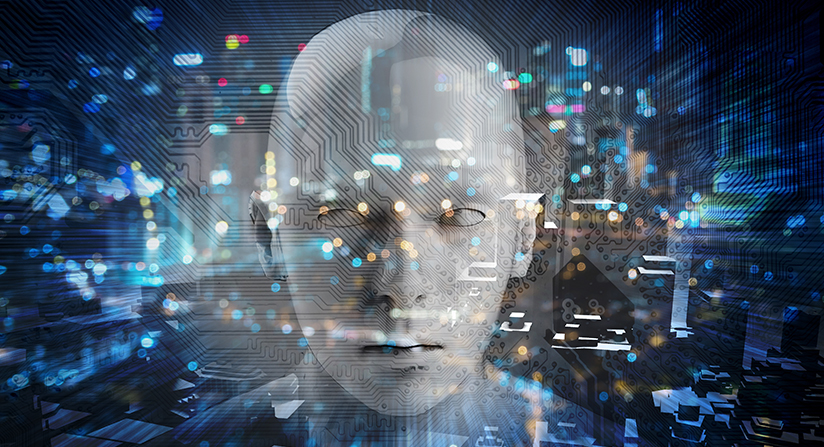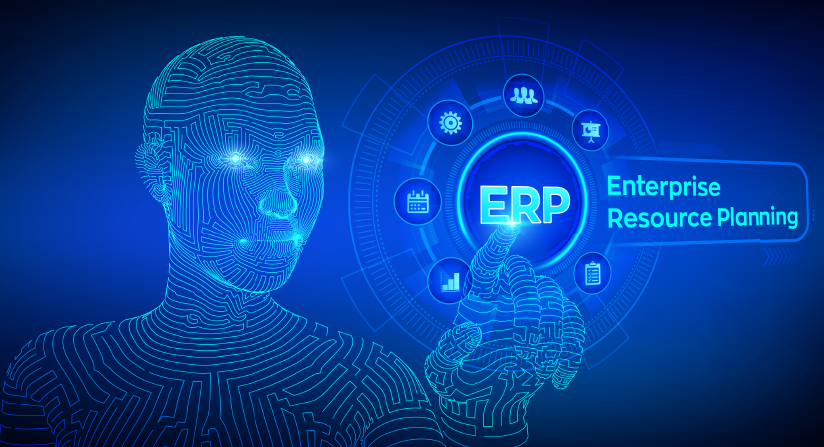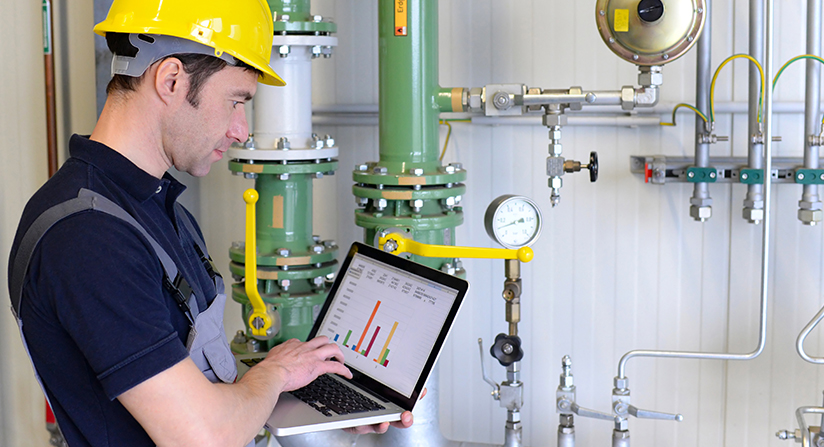To understand how machine learning will impact manufacturing, it’s first useful to understand what the term means. Machine learning is a type of artificial intelligence where computers leverage new information to automatically improve their outputs.
Machine learning is no longer limited to just mobile phones or game shows. When the Netflix series House of Cards premiered in 2013, it quickly became the most downloaded content in the company’s history – a statistic that came as no surprise to Netflix executives. They had previously examined a vast pool of Netflix data on subscribers’ viewing habits and determined that the show was likely to become a hit even before they purchased it.
The wisdom behind Netflix’s sure-fire choice came from machine learning, which, loosely defined, is the ability of computers to learn on their own (without being programmed) using algorithms that churn through large quantities of data.
Machine learning capabilities aren’t limited to selecting the next TV blockbuster either. Imagine some of the more down-to-earth uses that we already use today. Have you noticed how spam e-mails have almost disappeared from your inbox? That’s due to machine learning. Or how you can casually converse with anthropomorphic voices coming from your smartphone? Also, machine learning.
However, these examples pale when compared to machine learning’s potential for reshaping business. Enhanced data-processing power, the use of Big Data, the Internet of Things, and improvements in algorithms are converging towards a resurgence in business intelligence.

Objectives of Machine Learning in Manufacturing:
- Extract insight from Big Data without the costly computing resources or data science experts
- Analyze unstructured data – including images, videos, e-mails, documents, and natural language text – for enhanced insight
- Offer intelligence to enterprise applications to reduce errors and increase productivity
Here are a few examples of how machine learning is creating value in manufacturing organizations today:
Manufacturing Quality Control:
By examining video of an assembly line, a machine-learning system can spot defects that a human might miss and automatically reroute the damaged parts or assemblies before products leave the factory. This is one of the basic machine learning use cases in manufacturing.
Visual Shelf Management:
Employees can take photos of shelves in a store aisle, kicking off a machine-learning process that automatically senses missing or improperly displayed items and prompts the store manager and the warehouse to fill the shelves correctly.
Collaborative Robots (Cobots):
The use of robots in manufacturing is nothing new, but this new generation of cobots is not your average machine. Today’s cobots are built with artificial intelligence and machine learning that power cognitive capability. These robots can use computer vision to quickly inspect large quantities of items for flaws, automate the transportation of materials throughout a facility, and avoid hazards using predictive intelligence.
The adoption of robotic process automation, artificial intelligence, and machine learning is allowing companies to automate routine jobs that previously would have been outsourced to a human workforce overseas.
What’s Next:
Already, commercial machine-learning applications are available, and more are being created as you read this blog. This is precisely why business leaders should engage now with trusted solution providers who can help evaluate data structures, free up information from disparate systems, and identify the richest areas for machine-fueled insight and improvement.
Modern-day intelligent ERP offers these new-age technologies as part of the solution. Connect with us to know more.
Together, we can address the cultural and change management challenges to take advantage of this new wave of business intelligence.
If you want to know about manufacturing ERP, please contact us.
Follow Us










